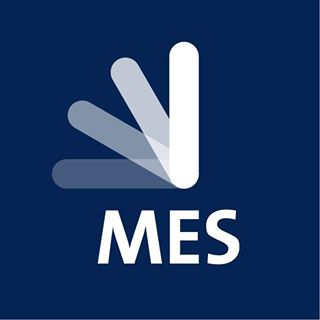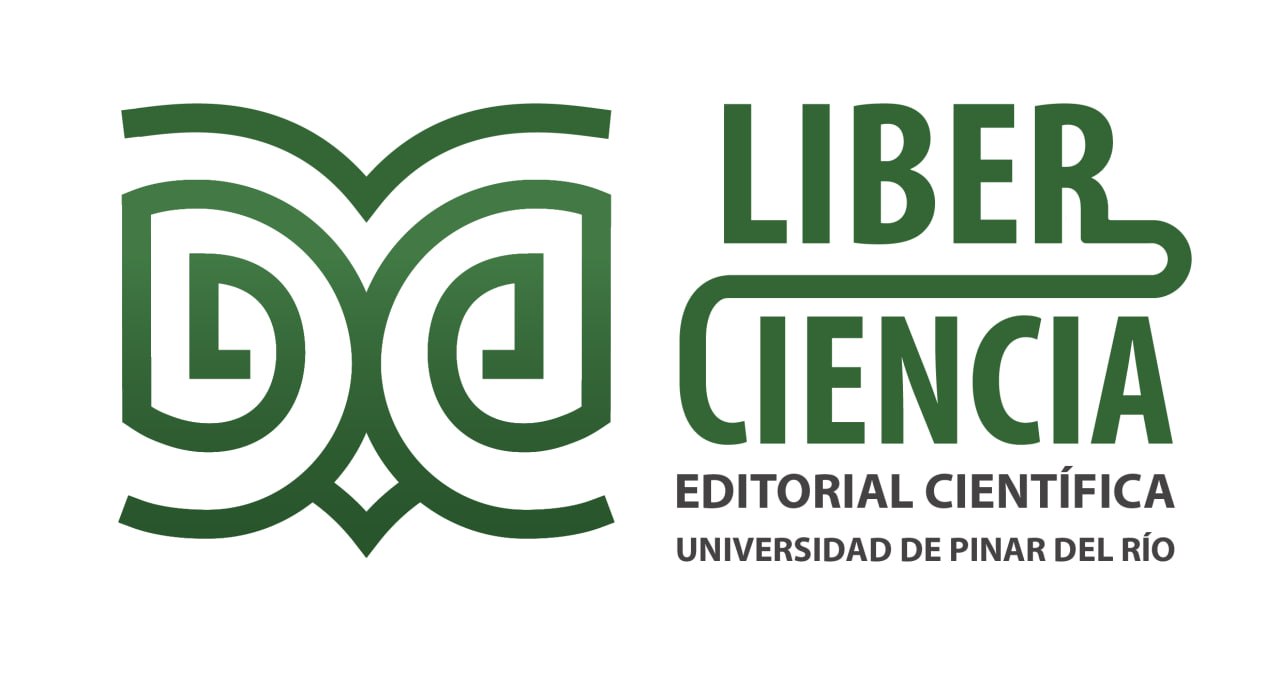Universities: creating capacities regarding government management based on science and innovation XIV Taller Internacional “Universidad, Ciencia y Tecnología”
Main Article Content
Abstract
Capabilities building is recognized as a key element of the governance system based on science and innovation. Its attention is part of one of the projects of the Government, Institutionality and Macroeconomics Macroprogram. The universe of essential capabilities for government management includes innovation, communication, management (based on the organization of effective work systems and the introduction of knowledge management tools), and technological capabilities (linked above all to digital transformation processes). However, the processes that lead to providing local government decision-makers with the capacities considered necessary for their management face many limitations. Identifying them and devising actions to reduce their negative effects are the objectives of this paper. The paper exposes results and projections that have been conceived, and some of them introduced in practice, in Holguin province from the government-university alliance. It is based on the study of the fundamentals of the theory of capabilities carried out by Amartya Sen fundamentally, on the elaborations of the DUI mode of innovation and learning in Lundvall and the contributions of Díaz-Canel and Núñez Jover in their recent publications on the basis of the Cuban experience, among others.
Downloads
Article Details

This work is licensed under a Creative Commons Attribution-NonCommercial 4.0 International License.
References
Aguilera García, I.G., González Calzadilla, C., Almaguer Torres, R.M (2020). Enfoque múltiple para la cogeneración de capacidades. Experiencias en el cantón Santa Ana, Ecuador, y el municipio Urbano Noris, Cuba. ISSN 2591-4553. Revista Desarrollo y Territorio. 9, pp. 41-51.
Aguilera García, L. O. (2017). Cuba: Dialéctica de la actualización de su modelo económico y social. Conciencia ediciones. Holguín. https://www.uho.edu.cu/label/cuba-dialectica-de-la-actualizacion-de-su-modelo-economico-y-social/
Castell, M. (2002). Innovación tecnológica y desarrollo territorial (DT). En: Vilalta, J.M. Palleja, E. Universidad y desarrollo territorial en la sociedad del conocimiento. Diputació Barcelona, Univ. Polit. De Cataluña. Pp. 29-39. ISBN 84-7653-821-9 https://dialnet.unirioja.es/servlet/articulo?codigo=12481
Costamagna, P., Larrea, M. (2017). Actores facilitadores del desarrollo territorial. Una aproximación desde la construcción social. Fundación Deusto. Desarrollo y Territorio: Revista de difusión del desarrollo territorial en América Latina y Caribe, ISSN-e 2591-4553, 3, 2018, p. 68-71 https://dialnet.unirioja.es/servlet/libro?codigo=732740
Díaz-Canel, M. (2021). ¿Por qué necesitamos un sistema de gestión del Gobierno basado en ciencia e innovación? Anales de la Academia de Ciencias de Cuba. https://revistaccuba.sld.cu/index.php/revacc/article/view/1000/1078
Larrea, M., & Costamagna, P. (2023). Los límites del desarrollo territorial. Reflexiones sobre la emergencia climática y el aporte del enfoque pedagógico y la investigación acción para abordarla. Instituto de Investigaciones Tecnológicas y Sociales para el Desarrollo Territorial UTN Facultad Regional Rafaela. https://doi.org/10.13140/RG.2.2.34695.98723
Lundvall, B.-Å., Joseph, K. J., Chaminade, C., & Vang, J. (2011). Handbook of Innovation Systems and Developing Countries: Building Domestic Capabilities in a Global Setting. Edward Elgar Publishing. https://books.google.com.cu/books/about/Handbook_of_Innovation_Systems_and_Devel.html?id=AaRyLGPjkE0C&redir_esc=y
Marx, C. (1975). Manuscritos económicos filosóficos de 1844. Editorial Pueblo y educación, La Habana. https://www.google.com.cu/books/edition/Manuscritos_Economicos_y_Filosoficos_de/saLuvQAACAAJ?hl=es
Núñez Jover, J., ARMAS Marrero, I. (2014). Sociedad del conocimiento, cambio tecnológico e inclusión social. En: Noa Silverio, L.A. (2014) La Educación Superior y las TIC. Algunas experiencias, ISBN 978-9942-960-02-3, Guayaquil – Ecuador, Edición Senefelder. pp. 129-146. https://libros.ecotec.edu.ec/index.php/editorial/catalog/download/44/39/539-1?inline=1
Sen, A. (2004). Why We Should Preserve the Spotted Owl. London Review of Books, 3, (26), pp. 1-4. http://www.geo.unizh.ch/~backhaus/GLOPP-CD/A2/en/multimedia/A2_amartya_sen.pdf.




